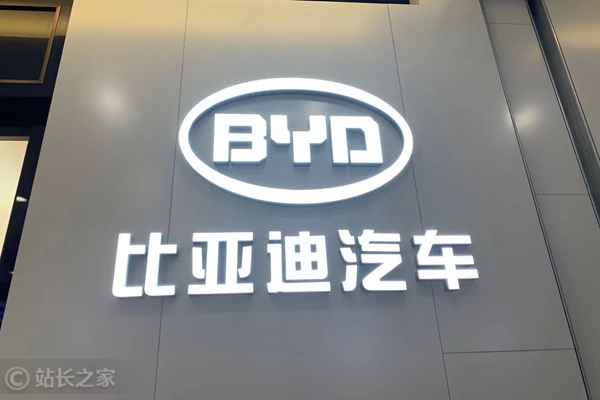BYD and ByteDance have reached a strategic partnership to jointly tackle key technical issues in the field of power batteries. According to "Xiao Di Express," both parties will collaborate to establish a project called the "AI + High-Throughput Joint Laboratory," aiming to promote the development of lithium-ion batteries through artificial intelligence technology.

In this collaboration, ByteDance's Seed team will invest resources for model algorithm research, while Volcano Engine will provide powerful cloud infrastructure to optimize model performance. BYD will be responsible for providing the high-throughput experimental platform to ensure the scale and consistency of experimental data. This cooperation model will allow both parties to share algorithms, computing power, and experimental data, thus more efficiently solving technical problems related to fast charging, lifespan, and safety in power batteries.
Their goal is to accelerate the iteration cycle of batteries by building an integrated performance AI model that combines massive experimental and computational data, thereby promoting the discovery of new materials and new formulations. This model not only improves R&D efficiency but also provides new ideas for the application of AI technology in scientific research.
With the continuous expansion of the new energy vehicle market, technological advancements in power batteries are particularly important. This collaboration between BYD and ByteDance represents a deep integration of R&D efforts from two industry giants and injects new momentum into future innovations in battery technology. We look forward to this collaboration bringing more efficient and safer battery products to consumers in the near future.
Key Takeaways:
🌟 BYD and ByteDance join forces to build the "AI + High-Throughput Joint Laboratory" to jointly develop power battery technology.
⚙️ Both parties will solve key issues such as fast charging, lifespan, and safety by sharing algorithms, computing power, and experimental data.
🚀 The goal is to accelerate the battery iteration cycle, promote the discovery of new materials and formulations, and drive industry technological progress.






